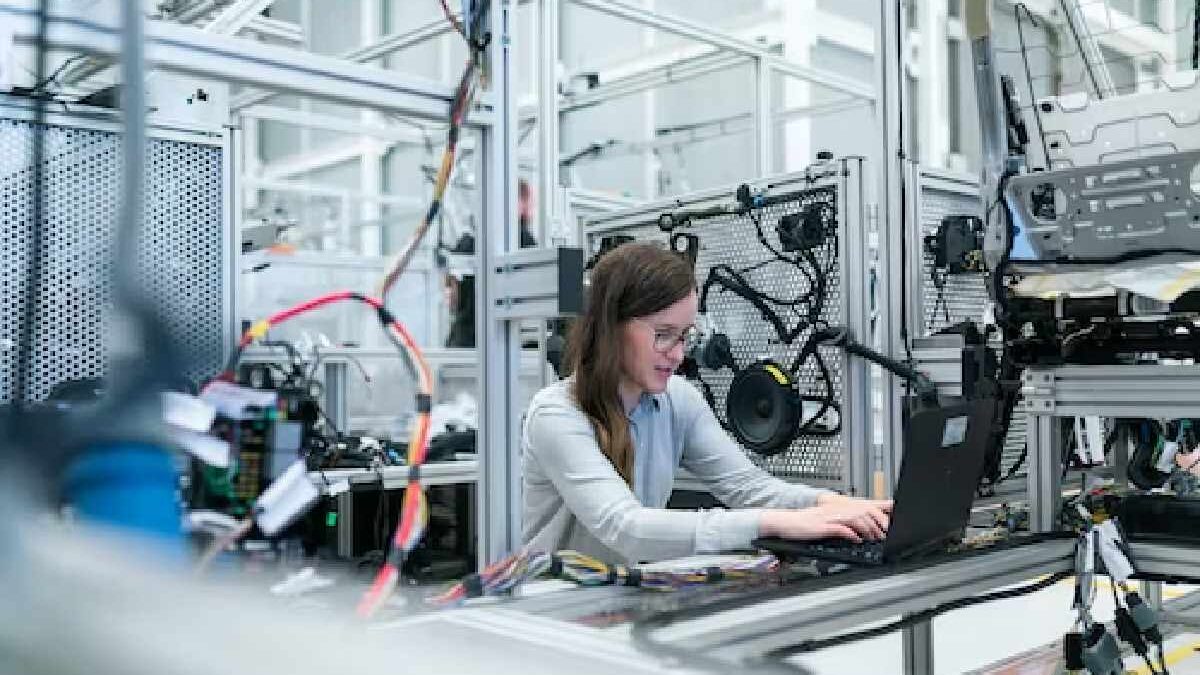Will technology eventually overpower the man – Through technology, man can take advantage of the potentialities of the world, putting them at his service. Inactive design wants thGod This is the anthropological and theological foundation of the technique.
In ancient and medieval times, however, the technique was relatively marginal in the culture. It was a craft technique linked to concrete experience and direct physical work with things. For this reason, the intellectuals did not value it excessively but framed it as servile and merely material tasks.
With modern science, this panorama has changed profoundly. Modern techniques can more appropriately called technology. Merging with science and entering industrial and economic dynamics, from the late 18th century onwards, we witness a prodigious development of technology, with a dynamism that feeds on its energy and sets its own goals, creating new needs for man.
A narrow and naive view
This unpredictable development of technology was a unique service for man by allowing him to dominate space, take advantage of time, and improve the quality of life for millions of human beings (think, for example, of modern medicine’s service to man, in communication technologies, etc.).
From here arose, in the 19th century, a particular technological euphoria. It would seem that with machines, man would come to take over the world and thus conquer his freedom. Marx thought the finally liberated man would be a producer, thanks to technological machinery. But this was a narrow and naive view. Marx was also reacting against the social impoverishment that the Industrial Revolution was causing. This was a sign that technology alone, taken in its pure uncontrolled development, did not necessarily improve man.
The first explosion of the atomic bomb was a powerful warning signal. In the 20th century, although technological development is prodigious and even more incredible than before, we are witnessing the fundamental cultural phenomenon of man’s awareness of the limits of technology. Ethical limit: technology can be used for good or for evil, and there technologies that aberrational in themselves, such as the continuous production of increasingly destructive atomic bombs. The other limit was the ecological one: the technique developed or applied indiscriminately, without considering the variety of nature and its delicate balance, could irreparably damage the ecosystem, in short, the very planet we inhabit.
The challenge of the 21st century
The exaggerated alarmism with which some criticized the technique (I am thinking of Heidegger, who gives a gloomy vision of technological progress) must not make us lose sight of the severe risks of pure technologists. Today, about to enter the 21st century, humanity faces the problem of how to deal with technology so that it serves man and does not destroy or impoverish life, the wealth of the planet, and the fullness of human life, and so that it reaches its benefits to all men and not only to specific sectors.
Some speak of looking for new approaches, a new mentality (“alternative technologies”) in which the technique is less aggressive (and it when it governed only by economic criteria), and on the contrary, becomes more participatory, more globally focused, with harmony, with a sense of aesthetics, allowing the cultural creativity of man and the opening of the social, family, personal, religious space. It could almost said that the technical problem is man‘s problem at this turn of the century. In this sense, we face a significant challenge as we light up the new century.
What the technique does not solve
We also have to convince ourselves that not every human problem is solved in a technical way (love, friendship, the issue of the meaning of life, or the family).
We must assume this little by little in a concrete way. However, we already have general criteria, such as those by John Paul II: “Technical progress must not assume the character of domination over man and destruction of nature. In a sense, willed by God, technology must serve man, and man must come into contact with nature as an intelligent and noble custodian, not an unrepentant exploiter. This will only be possible if scientific and technical progress is accompanied by growth in ethical and moral values”.

